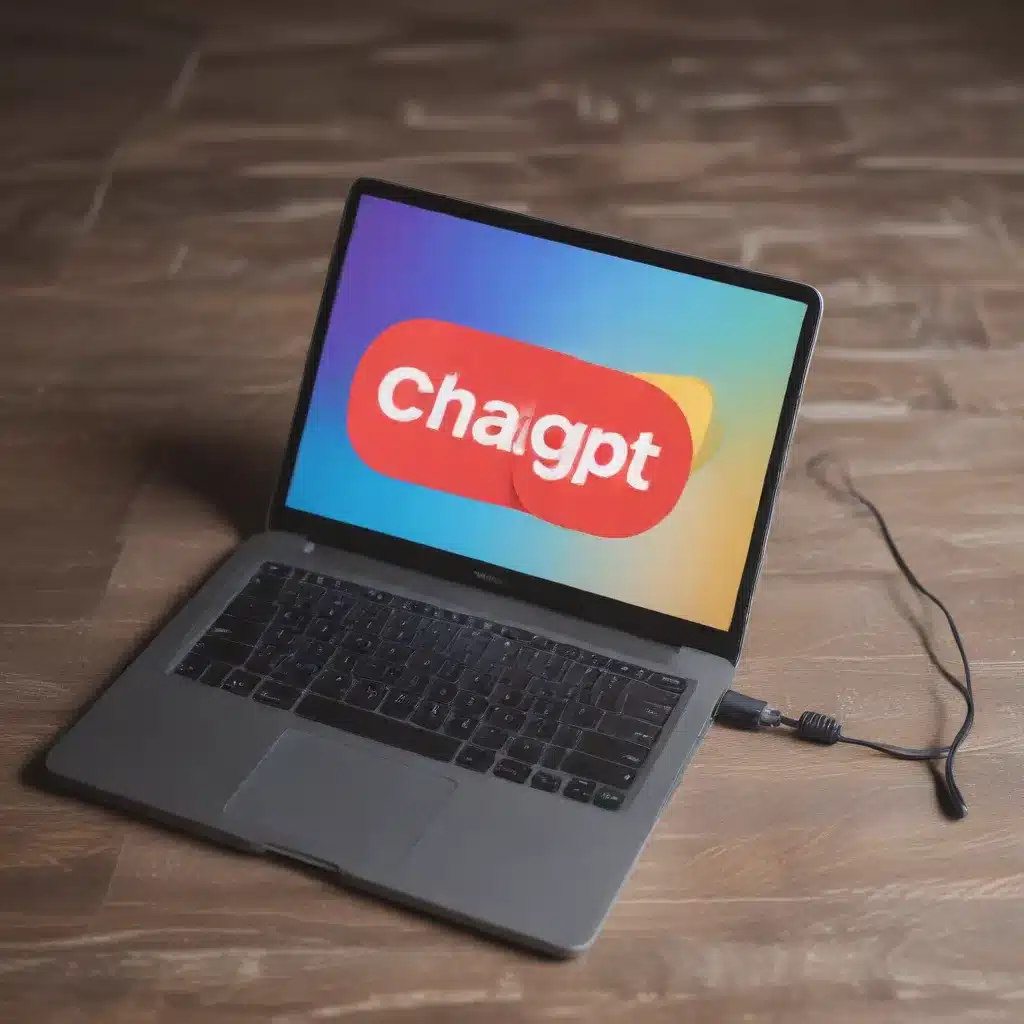
The Rise of Language Models and Their Impact on Education
Artificial intelligence (AI) is transforming the world in ways that are often difficult to predict. One of the most recent and captivating developments in AI is the emergence of large language models (LLMs), such as OpenAI’s ChatGPT. These advanced AI systems have captured the public’s attention with their ability to engage in human-like conversations and complete a wide range of tasks, from writing essays to generating computer code.
The advent of LLMs offers exciting possibilities for education. They can assist students with research, writing, and even personalized learning experiences. Teachers can leverage these tools to enhance lesson plans, create educational content, and provide more individualized support. However, the rapid advancement of LLMs also raises important questions about bias, fairness, and the potential impact on educational outcomes.
Uncovering Bias in ChatGPT
One of the key concerns surrounding LLMs is the potential for bias in their outputs. Researchers have found that ChatGPT and other LLMs can exhibit various types of bias, including religious, political, and gender bias. These biases can have significant implications, particularly in educational contexts where fairness and equal opportunities are crucial.
A study conducted by researchers at the Technical University of Munich and the University of Hamburg found that ChatGPT has a “pro-environmental, left-libertarian orientation.” This bias is evident in the model’s responses to political and social issues, where it often favors left-leaning perspectives. For example, when prompted to write a poem about a former US president, ChatGPT refused to write a poem about former President Trump but was willing to write one about President Biden.
Researchers have also uncovered gender bias in ChatGPT’s responses. When asked to suggest books for a 14-year-old boy and a 14-year-old girl, the model’s recommendations were notably different and stereotypical. The books suggested for the boy were adventure stories and fantasy, while the books for the girl were more focused on themes like personal growth and social issues.
Similarly, a team of researchers from the University of Washington found that ChatGPT consistently ranked resumes with disability-related honors and credentials lower than the same resumes without those credentials. This bias was evident even when the researchers provided the model with instructions to avoid ableist biases.
Mitigating Bias in Educational Applications
The presence of bias in LLMs like ChatGPT presents a significant challenge for the educational community. Educators must be aware of these biases and take proactive steps to mitigate their impact on students.
One approach is to encourage critical thinking and fact-checking among students. By teaching them to question the information they receive, even from seemingly authoritative sources like ChatGPT, students can develop the skills to identify and address biases. Educators can also incorporate lessons on media literacy and the importance of using diverse, reliable sources of information.
Additionally, schools and educational institutions should consider customizing or fine-tuning LLMs to align with their values and commitment to equity and inclusion. This may involve working with AI developers to modify the model’s training data, prompts, and reinforcement learning processes to reduce biases and promote more balanced and representative outputs.
The Broader Implications of AI Bias
The issue of bias in LLMs extends beyond the educational realm. As these technologies become more ubiquitous in various industries, from healthcare to finance, the potential for harm grows. Biased AI systems can lead to unfair decision-making, perpetuate existing inequalities, and undermine public trust in these technologies.
To address this challenge, there is a growing call for responsible AI development and regulation. Governments, policymakers, and industry leaders are working to establish ethical guidelines and legal frameworks to ensure that AI, including LLMs, is developed and deployed in a manner that aligns with principles of fairness, transparency, and accountability.
Stanley Park High School’s Commitment to Responsible AI Integration
At Stanley Park High School, we recognize the immense potential of AI technologies like ChatGPT, but we also understand the importance of navigating their challenges. As we continue to explore the integration of LLMs into our educational practices, we are committed to doing so in a way that prioritizes the well-being and success of our students.
We will work closely with our teachers, parents, and the wider school community to ensure that the use of LLMs is accompanied by robust safeguards and clear guidelines. Our goal is to empower students to leverage these tools effectively while developing the critical thinking skills necessary to identify and mitigate potential biases.
Furthermore, we will actively engage with AI developers and policymakers to contribute to the ongoing discussions around responsible AI development and regulation. By working collaboratively, we can help shape the future of AI in education and ensure that it benefits all students, regardless of their background or identity.
Conclusion: Embracing the Promise, Navigating the Challenges
The rise of LLMs like ChatGPT represents a transformative moment in the field of education. These advanced AI systems offer exciting possibilities for enhancing learning experiences, personalizing instruction, and improving educational outcomes. However, the presence of bias in LLM outputs reminds us that we must approach this technology with thoughtfulness and care.
At Stanley Park High School, we are committed to navigating the opportunities and challenges of LLMs in a manner that prioritizes equity, inclusion, and the holistic development of our students. By fostering critical thinking, promoting responsible AI integration, and collaborating with stakeholders, we can harness the power of these technologies while mitigating the risks of bias and ensuring that all students have access to a fair and enriching educational experience.
As we continue to explore the frontier of AI in education, we must remain vigilant, curious, and dedicated to shaping a future where technology serves the best interests of our students and our community.

